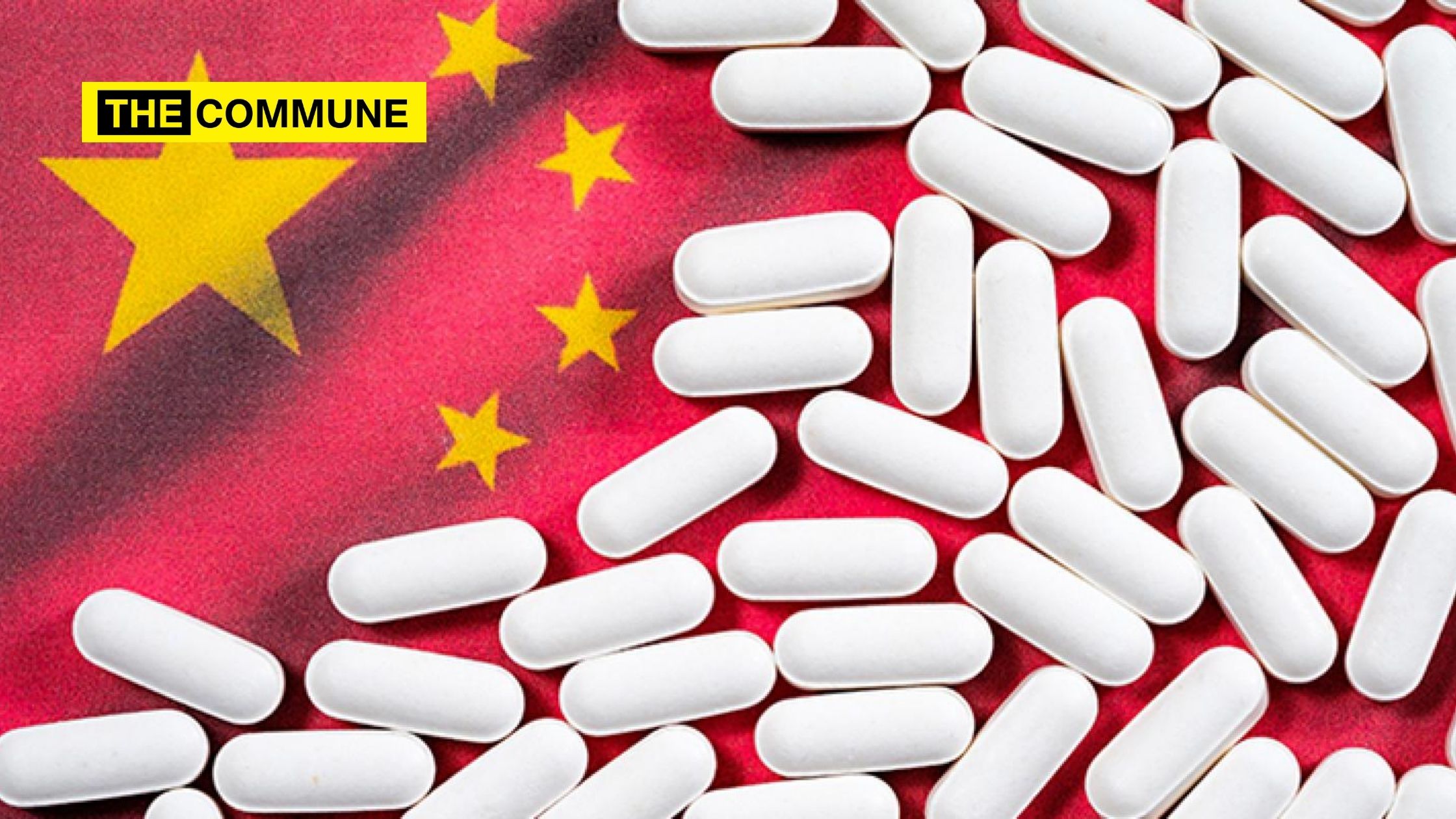
As more companies move out of China due to its belligerent attitude and India standing up to its scare tactics, China has increased prices of key starting materials (KSM) up to 20 per cent, according to a report in Times of India.
This is seen as a retaliation against India after it banned many Chinese apps. However, China has left prices of active pharmaceutical ingredients (API) unchanged. China
China in the last few decades has managed to control the global supply chain which is now viewed by many countries as an inequitable. India over the years has become a major player in the global pharma market and it relies on China for the supply of KSMs and APIs, as much as 80%
Dependency on key antibiotics like penicillin is almost 90% and China wants to increase the prices of KSM to discourage indigenous API manufacturing capabilities, thus making units unviable and APIs less competitive against Chinese products globally.
India has taken the measure to incentivise indigenous manufacturing of API as a move to counter China which for years enjoyed trade surplus with India.
However, many see this move could prove counterproductive for China and if India implements some comprehensive policy initiatives to help domestic manufacturers the Chinese threat could be neutralized.
Already many are asking the government to promote Public Sector Units (PSUs) for manufacturing APIs as they have played a major role in the development of the Indian pharmaceutical industry. But there is a need to do away with PSUs in the pharma industry because the annual report published by the Department of Pharma (DoP) states that only five pharmaceutical PSUs with the central government and two are in very poor condition and one is incipient sick and two are in ₹25-crore profit each.
China increasing the prices of KSM should be seen as a challenge by India because it is a sign of its weakness and its punitive behaviour. This is the right opportunity to shift the global supply chain away from China and become the industrial hub for the global pharmaceutical companies.




